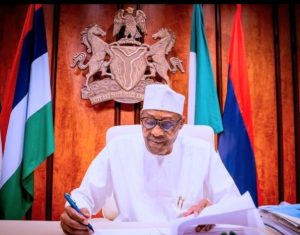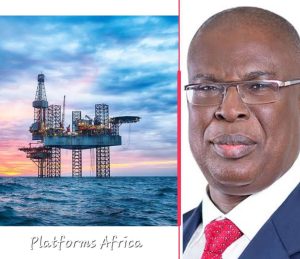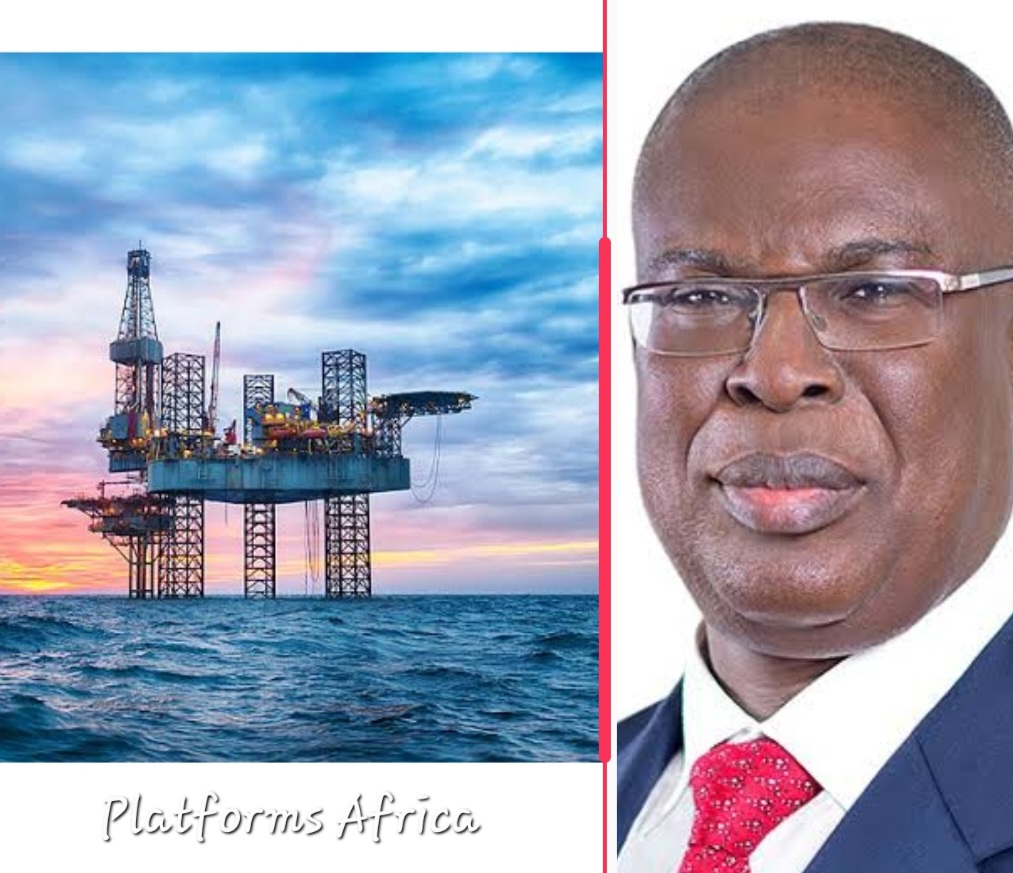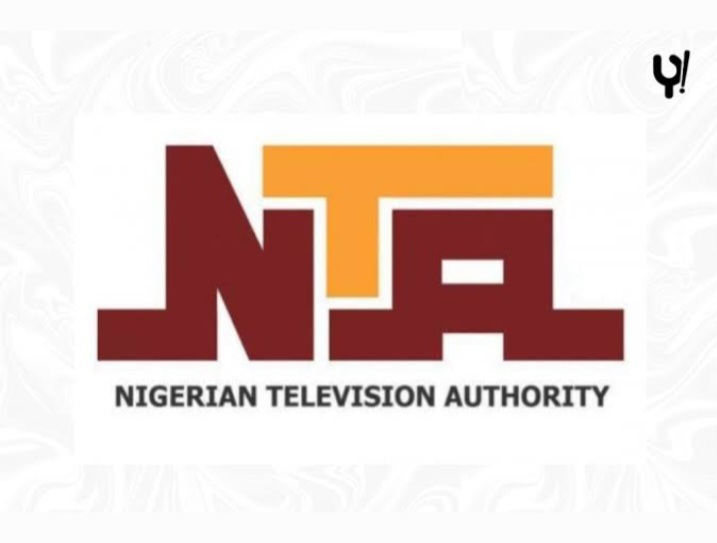Why, How OPEC Quota Might Be Met By May 2023, End of Buhari’s regime – Sylva
. Says Nigeria’s petrol importation might end before the third quarter of next year, when Mr. Buhari must have left
Nigeria will not meet its 1.8 million barrels of crude oil production quota given to it by the Organisation of Petroleum Exporting Countries (OPEC) crude oil production (OPEC) this year.
Minister of State, Petroleum Resources, Timipre Sylva, who made this declaration, maintained the quota of 1.8 million bpd might be met by the end of May 2023.
Platforms Africa reports that President Muhammadu Buhari is expected to hand over by May 29, 2023.
READ ALSO: Catholic Prelate John Onaiyekan to Deliver Pyrates Confraternity Lecture
EXCLUSIVE: Buhari Declines Ministerial Consent For ExxonMobil $1.6bn Assets’ Sale To Seplat
EXCLUSIVE: NNPC Cancels ExxonMobil $1.6bn Assets’ Sale To Seplat
Hours After Platforms Africa Exclusive, Police Begins Nov Salary Payment
United Nations Institute Names Adeola Yusuf Panelist For African IDEP Event
The minister based his May quota optimism on the fact that the federal government would continue to improve security along the tracks of the major crude oil pipelines and block every leakage through which crude oil is stolen by oil thieves and pipeline vandals.

A statement released by the Senior Adviser, Media and Communications to the minister, Horatius Egua, disclosed that Sylva spoke a day after OPEC agreed to maintain its production cut among member countries to maintain market stability.
He noted that the inability of Nigeria to meet the current OPEC quota was not due to lack of production capacity on the part of crude oil producers, but because a lot of producers decided not to inject into the pipelines because they were losing a lot of their production when they inject crude.
He said once we are able to build enough confidence in the security of the pipelines, they (producers) will then be able to inject into the pipelines once again and once that happens, we will be able to meet our OPEC quotas. That is where we are going and the early signals are there that we are making very good progress.
According to him, the pipelines have issues and we have put a security structure in place involving the communities, security personnel, oil companies and government and we are beginning to see some early signs of improvement.
“Our production for example has improved from where we were in the past. We are producing over a million barrels now and we believe that when we have built confidence enough on the pipelines and all the producers begin to inject into the pipelines that have been secured, we will be able to produce quickly to meet our OPEC quota.

“That’s really our plan and I am hoping that before the exit of this administration, we should be able to meet our OPEC quota,” Sylva stated.
The minister noted that with the current rehabilitation going on at the Port Harcourt and Warri refineries as well as the planned fixing of the Kaduna refinery and the coming on stream of the Dangote refinery, Nigeria was sure of guaranteed petrol supply that will ease the incessant fuel crisis faced in the country.
“Between Port Harcourt, Warri and Kaduna, we have over 410,000 barrels and if you have all that refined in-country that will be at least half of our consumption and with Dangote refinery which is expected to come on stream by first quarter next year, we are expecting that we will actually be exiting the importation of petroleum products by third quarter of next year.
“But I believe that even before the third quarter of next year we should be able to exit the importation of refined products,” he reiterated.
On the discovery of crude oil in Kolmani, a border town between Bauchi and Gombe states, the minister said Nigeria should brace for more oil finds, adding that only the Niger Delta region has been explored for oil despite potential in other regions of the country.
“Nigeria is a very prolific territory, so far only the Niger Delta has been proven as oil bearing territory but we have a lot of other basins within Nigeria.
“We have the Benue trough, the Gongola Basin, the Sokoto Basin and the Dahomey Basin. We have a lot of basins that have not been proven. We are targeting to get to see how we can explore for oil especially now that the world is transiting.
“We want to see how we can quickly take advantage of what we have on the ground because coal didn’t finish on the ground before the world moved on to oil but we don’t think that the world is going to wait for us.
“So, at this moment, we want to see how we can hurriedly take advantage of all the potential that we have. We have found oil only now in the North-east, and we believe that we are going to find more oil in the North-east because we have also begun exploration in the Chad Basin on the Nigerian side.
“I believe that the Dahomey Basin is also very prospective. There is a lot of possibilities that a lot more oil will be found. Nigeria should brace for more oil and I believe more prosperity,” he added.
Sylva said going forward, Nigeria would not be dealing with crude oil as only an income earner but as an economic enabler to avoid the crisis that heralded oil discovery in the Niger Delta region.
“We are trying to ensure that we don’t look at oil now as an income earner but as an economic enabler, that is why if you look at the Kolmani area, what we are planning is to produce the oil and then add value right there.
“We are building a refinery there; we are building a gas processing plant and also a fertiliser plant. That is now the way forward for us. As we begin to find more oil, we will begin to add value before we export whatever is left,” the minister said.





